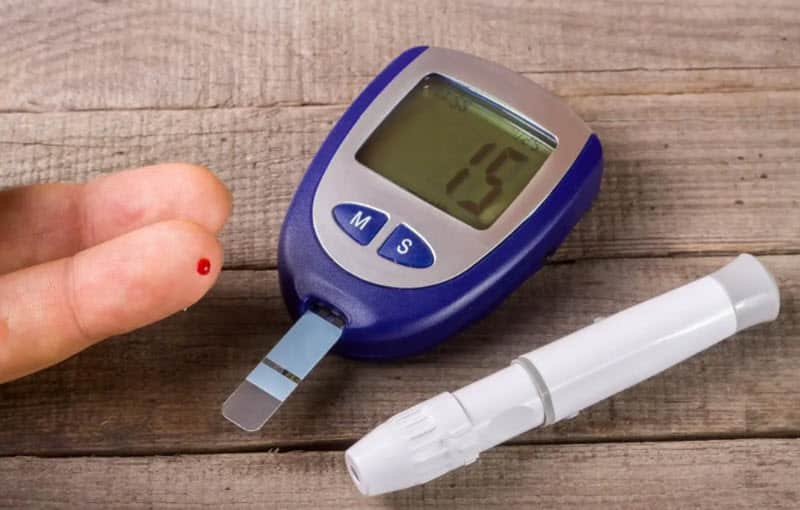Chamomile tea is one of the popular alternatives to the usual green or black tea. It is not a real tea, as it is not made from the leaves of the tea plant Camellia sinensis. Instead, it is made with the petals of the daisy-like flowers in the Asteraceae plant family. It does not contain caffeine, making it an excellent relaxing drink before bedtime.
The earliest use of chamomile can be traced to Ancient Egypt, where it was consumed to relieve fever and as a cosmetic product. The Romans also used chamomile to enhance the flavor of their beverages and to serve as a medicinal drink for a variety of ailments. There are also claims that chamomile was a flavoring for beer during the Medieval Times.
The taste of chamomile tea is generally characterized as subtle, which appeals to most palettes. It has a herbal taste with some fruity overtones and a smooth finish. Some liken it to a crisp apple with its light but sweet and aromatic flavor. Despite its lightness and subtleness, there are many benefits attributed to this relaxing herbal concoction.
Lowers Blood Sugar

Chamomile tea is not only refreshing and relaxing. It also provides benefits for those who suffer from Type 2 diabetes mellitus. This herbal drink can control blood sugar naturally without unwanted side effects.
A 2014 study published in the Journal of Endocrinological Investigation presents the beneficial outcomes of chamomile tea consumption on glycemic control and serum lipid profile. It showed that the beverage significantly lowered the concentration of hemoglobin A1C, serum insulin levels, and insulin resistance among those who consumed chamomile tea.
The participants in the study consumed the drink, with each serving containing three grams of chamomile and 150 milliliters of hot water three times daily for eight weeks. The drinks served were a plain mixture of chamomile steeped in hot water with no added flavors or additional ingredients.
One crucial detail to point out here is that chamomile tea only yields beneficial blood sugar-lowering effects if consumed without sugar or sweeteners. Drinking it habitually with several teaspoons of sugar, honey, and other sweetening agents will not only cancel the health benefits but can also be potentially dangerous for those with diabetes.










